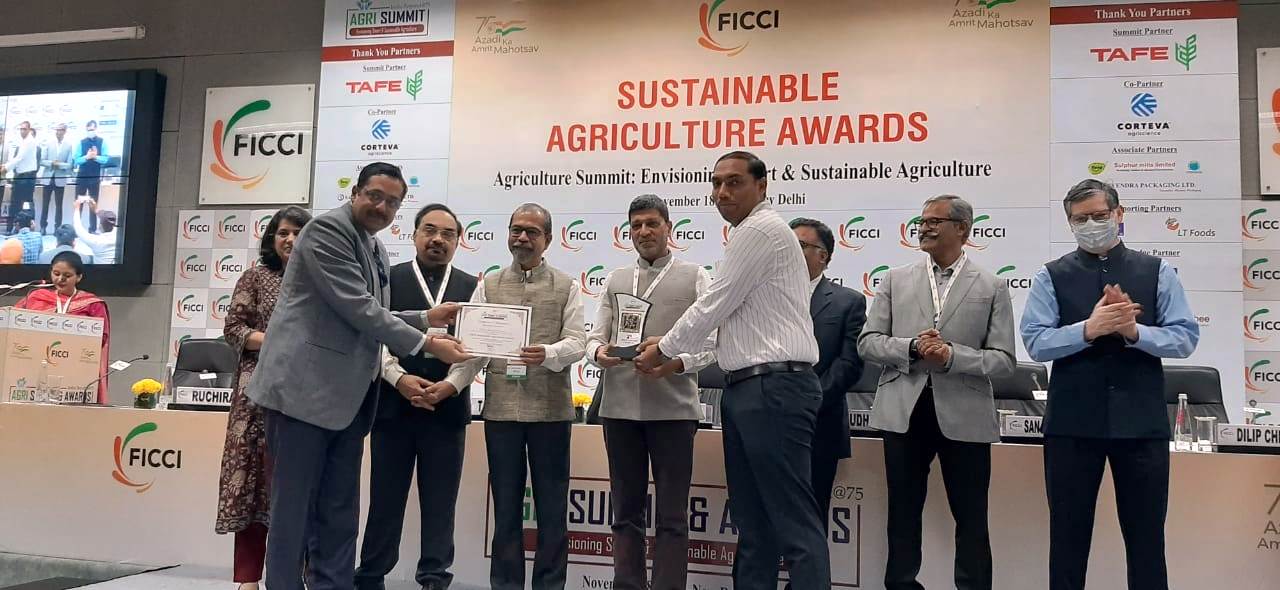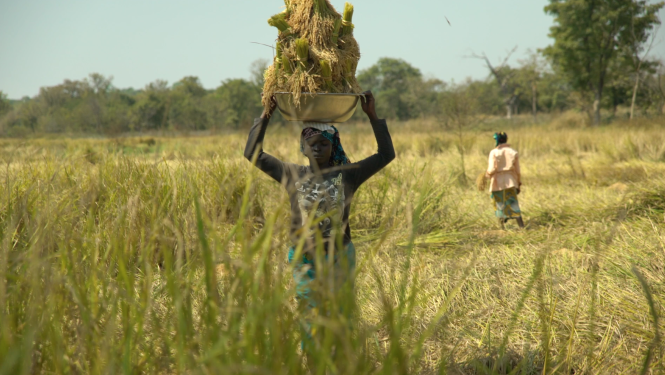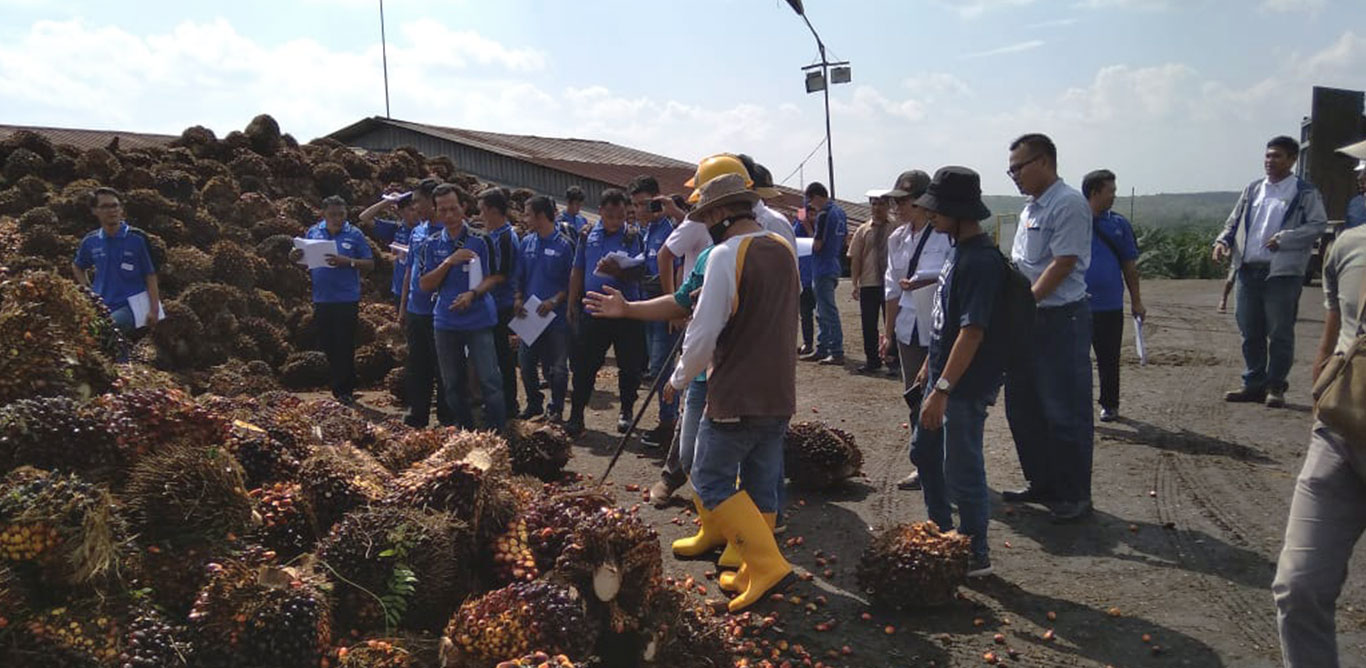Our work
The program aimed to support vulnerable farmers - mainly women banished from their villages - by helping them become self-sufficient through aid and training. Seeds, fertilizers, chickens, and equipment such as protective clothing, irrigation solutions and corn shelling machines, were provided to create the conditions for self-sufficiency and generate surplus production that could be sold for additional income. In partnership with the Ministry of Agriculture, the Foundation also delivered training in sustainable farming practices, including intercropping, crop rotation and composting to improve yields, food security, famer incomes and environmental sustainability.
Key impacts
By the end of 2014, corn yields had risen by 283%, millet and Guinea corn by 118%, and cowpea and soybeans by 87%, compared to yields at the start of the program. Chicken breeding also generated a positive impact, as an additional source of revenue. In the Gnani camp, farmers rapidly became self-sufficient and started the second year of the program with no direct support from the Foundation.
Project Duration
2013-2017
At first, we worked very hard with little results to cultivate our fields. But thanks to the farming materials and the training provided, even at my age I am able to farm. I am happy to see my grandchildren won’t be hungry anymore. Two of my hens are laying eggs and if they hatch, I will increase my stock.
Garunpaga Gnani camp




